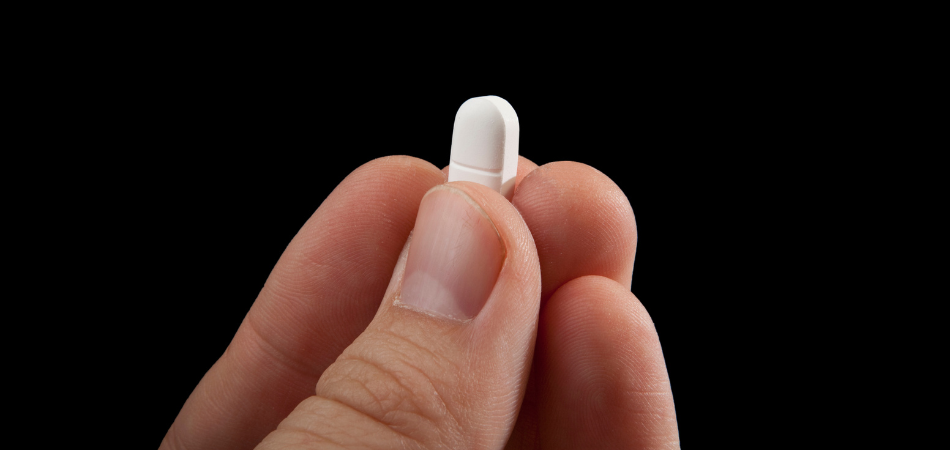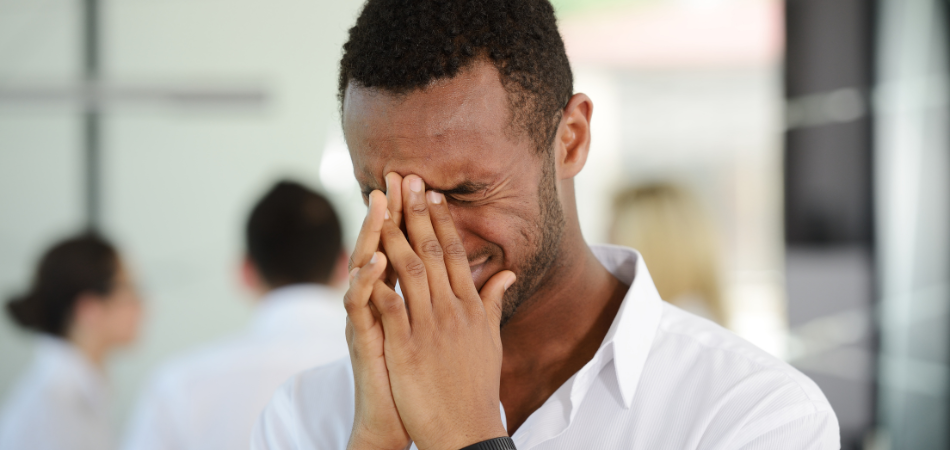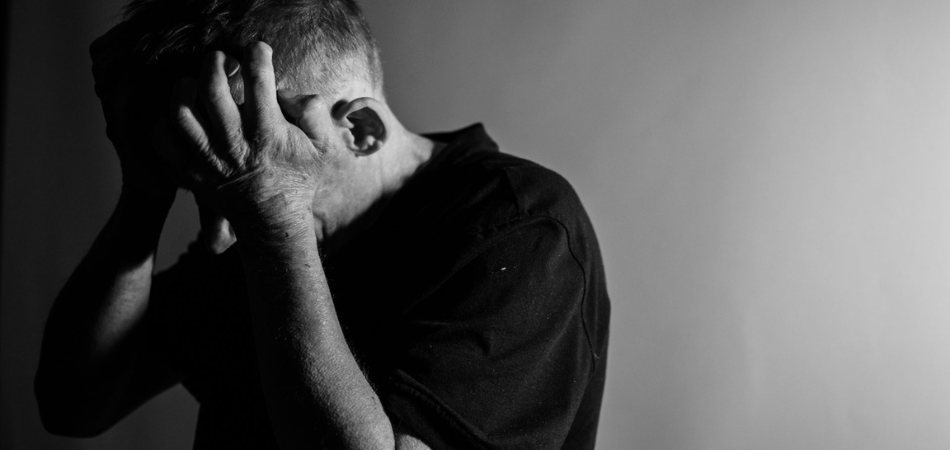Vicodin addiction
Vicodin is the most common brand name for acetaminophen, also known as hydrocodone. It is a prescription opioid medication that can be very useful in relieving moderate to severe pain but also has the potential to be extremely addictive. In fact, the global opioid epidemic stemmed from the over-prescription of drugs like Vicodin and has now resulted in the deaths of tens of thousands of deaths with millions more developing an opiate addiction. When you are addicted to Vicodin, it may seem like the addiction has an iron grip on you but with a lot of willpower and the right support, you can break free and transform your life.

How does Vicodin addiction develop?
Vicodin addiction is when you compulsively keep taking Vicodin even though it is having a negative effect on your health, life or well-being. Vicodin addiction usually develops in one of two main ways: either you start taking Vicodin for legitimate pain relief or you misuse the drug recreationally or for self-medication.
Vicodin addiction by prescription
Vicodin works by binding to opioid receptors in the brain and spinal cord, which reduces the perception of pain. However, it is easy to build a tolerance to Vicodin where you need to take more and more of the drug to experience these painkilling effects. As you start taking higher doses, you can become physically dependent on Vicodin and have to take it just to feel okay and function normally. Once you are physically dependent, a psychological Vicodin addiction often follows.
This has become a very common route to Vicodin addiction in recent years as Vicodin prescriptions have increased dramatically in the UK with 12.8% of adults in England receiving an opioid prescription in 2017/2018.
Addiction caused by Vicodin abuse
People who engage in Vicodin abuse usually do so for the euphoric “high” it produces or to help cope with emotional issues, trauma or underlying mental health condition. However, Vicodin abuse is often a gateway to addiction because, just as with prescription Vicodin use, it can quickly result in physical and psychological dependence.
Whether you started taking Vicodin on prescription, recreationally or to self-medicate, Vicodin addiction is a serious issue with potentially lethal consequences. In fact, opiate abuse and addiction to drugs like Vicodin led to 1829 deaths in England in 2017 and a further 815 in Scotland.
What are the most common underlying causes of Vicodin addiction?
There are various underlying causes and factors which can increase your risk of becoming addicted to Vicodin. These include:
- Chronic pain: Many people who become addicted to Vicodin start taking it for legitimate pain relief. This is especially common if you suffer from chronic pain, which is defined as pain that lasts for more than three months.
- Mental health issues: Vicodin addiction is also closely linked to mental health issues such as anxiety and depression as some people self-medicate with Vicodin to try and cope with their mental health problems.
- Stress: Stress is another common trigger for Vicodin addiction as people turn to the drug to help them cope with the pressures of work, family or other commitments.
- Trauma: Vicodin addiction can also be triggered by trauma as the drug can help numb the pain and anxiety associated with these experiences.

Do I need Vicodin addiction treatment?
Recognising the signs of Vicodin addiction and admitting you need help can be difficult, particularly if you were originally prescribed Vicodin for legitimate pain. Many people with prescription drug addiction convince themselves that they are still in pain or need to keep taking the medicine beyond the expiration of their prescription. Try asking yourself the following questions which could point to signs or symptoms of Vicodin addiction:
- Do I keep taking Vicodin even though it’s causing problems in my life?
- Has my use of Vicodin increased over time?
- Do I use Vicodin without a prescription or go to multiple doctors to get multiple prescriptions?
- Do I feel out of control around Vicodin or like I need it just to get through the day?
- Am I spending more and more time thinking about Vicodin or getting hold of it?
- Have I taken alternative drugs because I can’t get hold of Vicodin?
- Have I lied about my Vicodin use or tried to hide it from others?
If you’ve answered yes to any of the above, it’s likely that you need Vicodin addiction treatment. At Liberty House, our expert team can provide you with the tailored support and treatment you need to recover from your addiction.
What are the negative effects of Vicodin abuse and addiction?
Vicodin abuse and addiction can have a range of negative effects on your physical and mental health, as well as on your personal life.
Physical health problems:
- Headaches
- Sleep issues
- Nausea
- Vomiting
- Liver damage
- Kidney damage
- Gastrointestinal problems
- Respiratory problems
- Increased risk of overdose
Mental health problems:
- Anxiety
- Depression
- Aggression
- Paranoia
- Psychosis
Problems in your personal life:
- Relationship problems: Vicodin addiction can put a strain on relationships as the drug takes over your life and you neglect loved ones or lie about your Vicodin abuse.
- Problems at work: Your Vicodin addiction may cause problems at work as the drug affects your ability to concentrate, make decisions and meet deadlines.
- Financial problems: You may experience financial issues as you may spend all your money on Vicodin or lose your job as a result of poor performance or absenteeism.
- Legal problems: Vicodin abuse and addiction can also lead to legal problems if you’re caught driving under the influence of the drug or committing crimes to get money to pay for your habit.
What does effective Vicodin addiction treatment involve?
Vicodin addiction is a complex condition so it requires a multi-faceted approach to treatment. This involves three main stages: detox, rehab treatment and aftercare.
Vicodin detox
The first step in treatment is to detox from Vicodin which will help to break the physical addiction to the drug. The safest and most effective way to undergo Vicodin detox is at an inpatient detox centre like Liberty House where you will be monitored 24/7 by medical professionals.
During detox, you may experience Vicodin withdrawal symptoms which can be uncomfortable and unpleasant but at Liberty House, our team will give you a full medical assessment upon admission and create a bespoke detox plan to make sure you’re as comfortable as possible.
Common Vicodin withdrawal symptoms include:
- Anxiety
- Insomnia
- Nausea and vomiting
- Muscle aches and pains
- Flu-like symptoms
- Sweating
- Cravings
- Depression
- Anger
- Mood swings

The length and severity of your Vicodin withdrawal symptoms will depend on factors such as how long you’ve been taking the drug and how much you were taking but Liberty House will ensure you are kept safe and fully supported throughout the Vicodin detox process.
Vicodin rehab
While Vicodin detox will deal with the physical aspect of your addiction, Vicodin rehab will help you get to the root causes of the condition and teach you how to manage psychological and emotional issues without Vicodin. At Liberty House, both Vicodin rehab and detox are done in an inpatient setting because we believe this has a number of benefits, including:
- A safe and supportive environment where you can focus on your recovery without any distractions
- 24/7 access to professional support and care.
- Distance from the triggers and people that may have contributed to your addiction
- The ability to bond with other residents and form supportive relationships
During your stay at Liberty House, you will take part in a range of therapies and activities that are designed to help you recover from your addiction. These include:
- Cognitive behavioural therapy (CBT) – This is a talking therapy that can help you to change the way you think and behave. It can be particularly helpful in treating Vicodin addiction because it can help you to recognise and avoid the triggers that may cause you to relapse.
- Group therapy – This is a chance for you to share your Vicodin addiction experiences with other residents and learn from each other. It can also be helpful in promoting bonding and supportive relationships.
- Individual therapy – You will also have regular sessions with your own therapist who you can talk to about anything that’s on your mind. Our therapists have all been through rehab themselves so they really understand what you’re going through.
- Family therapy – Family therapy can help to repair any damage that has been done to your relationships by Vicodin addiction and ensure that they are supportive of your recovery.
- Meditation – Meditation will help to relax your mind and body and promote a sense of well-being which is important during difficult moments or when you have strong Vicodin cravings.
- Music therapy and art therapy – These can also help to relax your mind and body and express yourself in a creative way.
Aftercare
Once you have completed Vicodin rehab, it’s important that you have a plan in place for aftercare. This is because addiction is a chronic condition so there is always the risk of relapse. At Liberty House, we offer one year’s free group therapy sessions to all our clients so that you continue to get the support and sense of community that is so crucial for a successful recovery from Vicodin addiction.
What to do next
Vicodin addiction is a serious issue which can have devastating consequences. If you need help, get in touch with Liberty House today. The sooner you take that first step on the road to recovery, the sooner you will start to reap the benefits of a Vicodin-free life.
Frequently asked questions
- Attending aftercare sessions
- Practising meditation and mindfulness
- Avoiding Vicodin addiction triggers and high-risk situations
- Maintaining a healthy lifestyle
- Joining a support group

